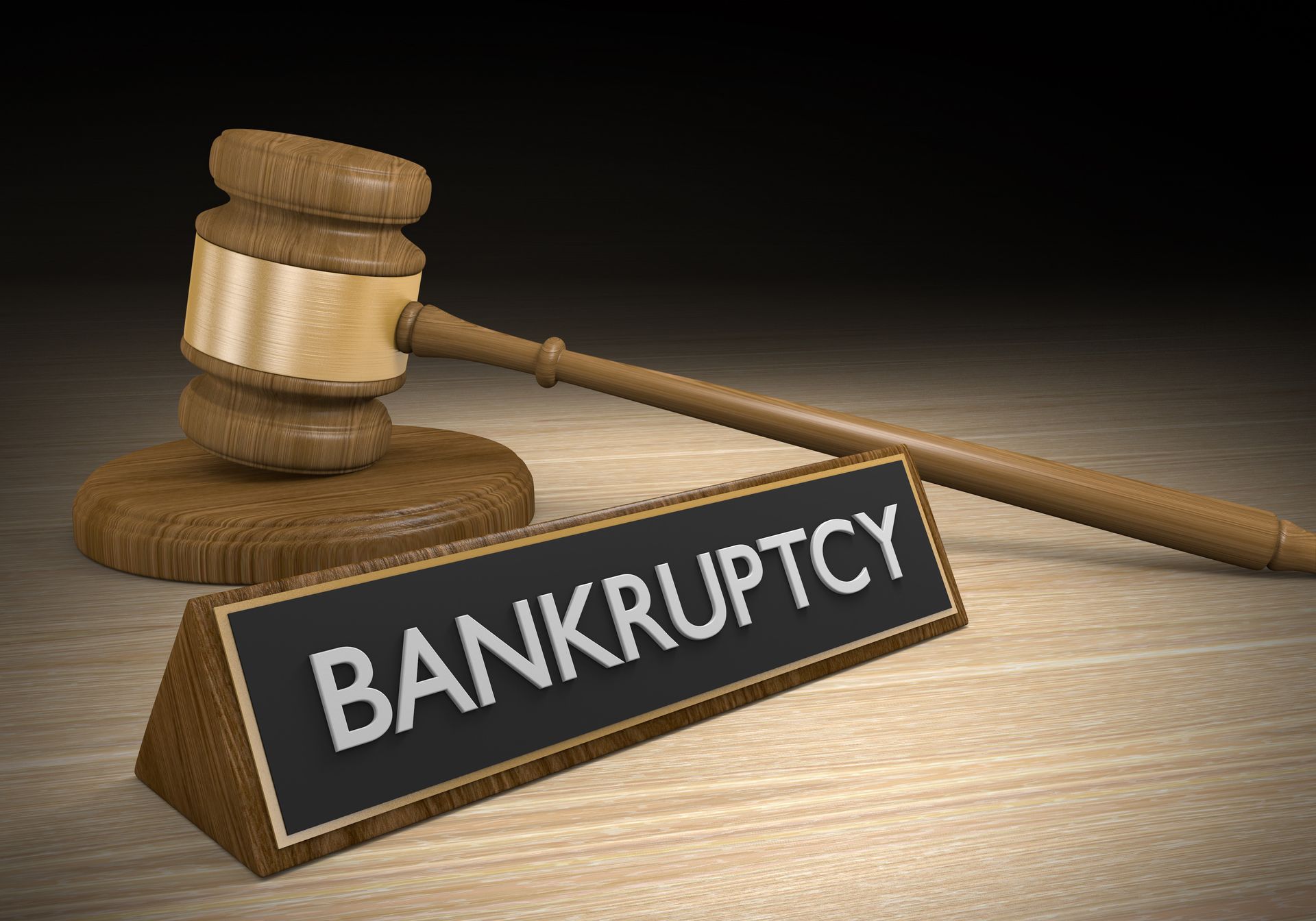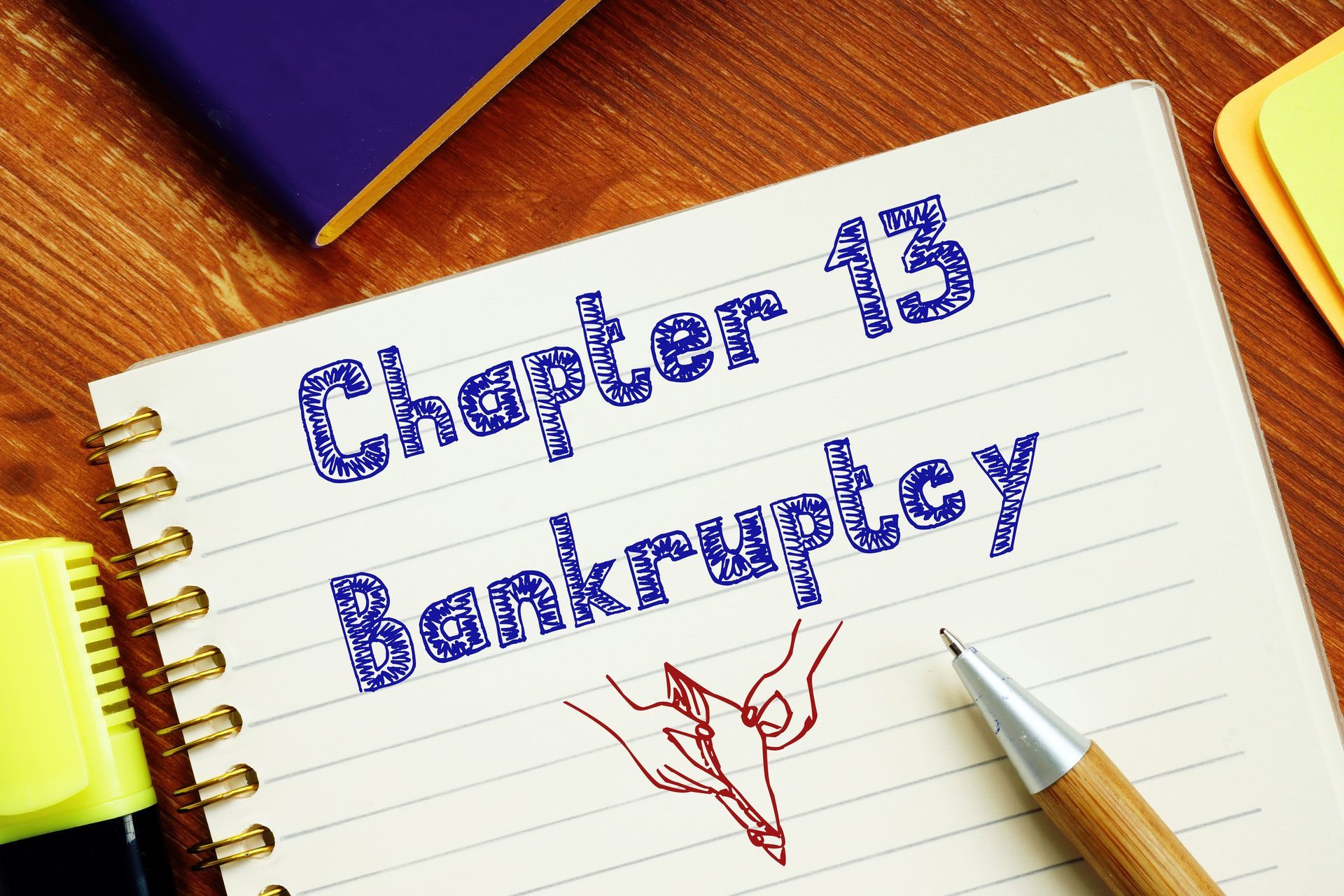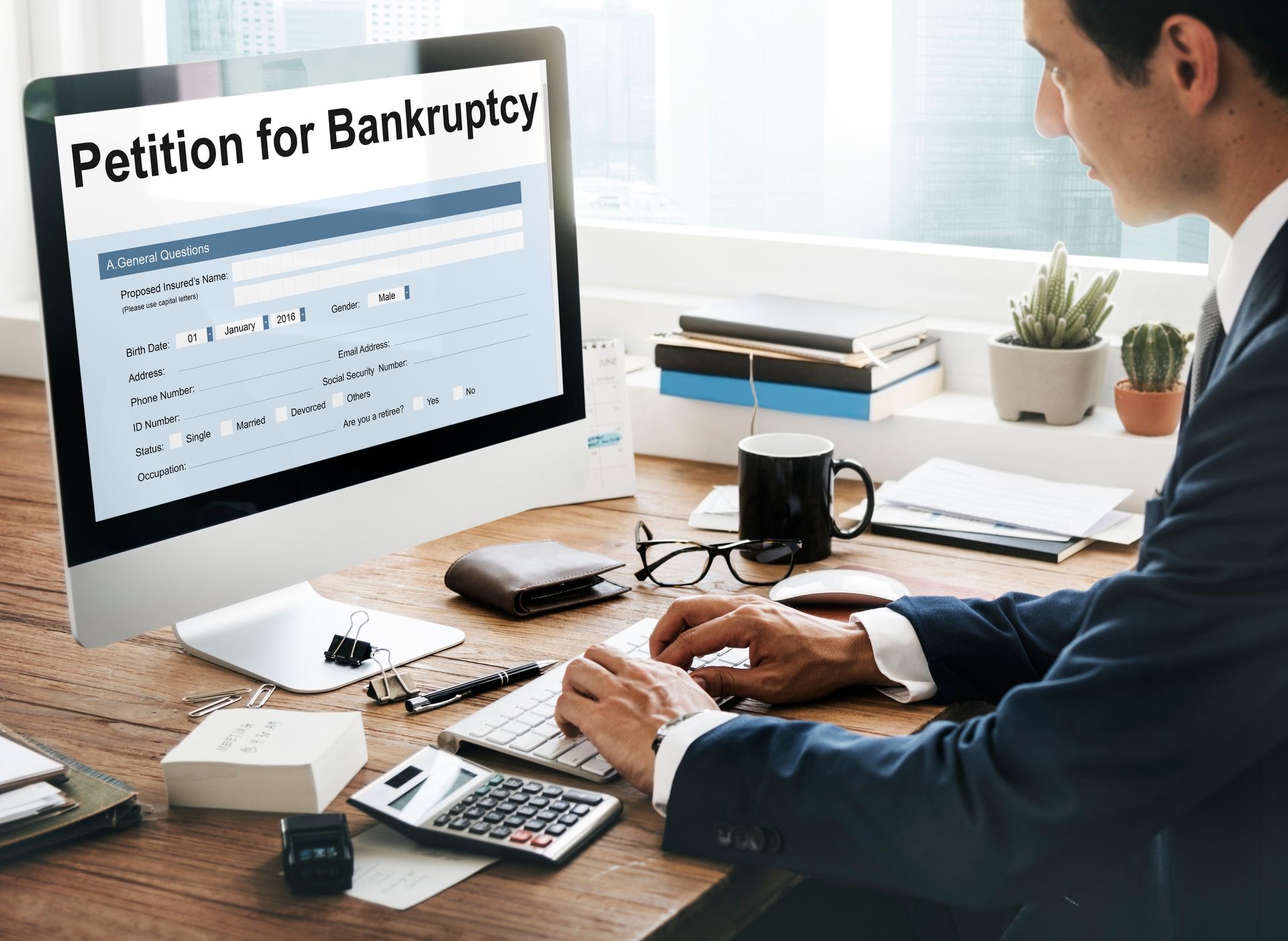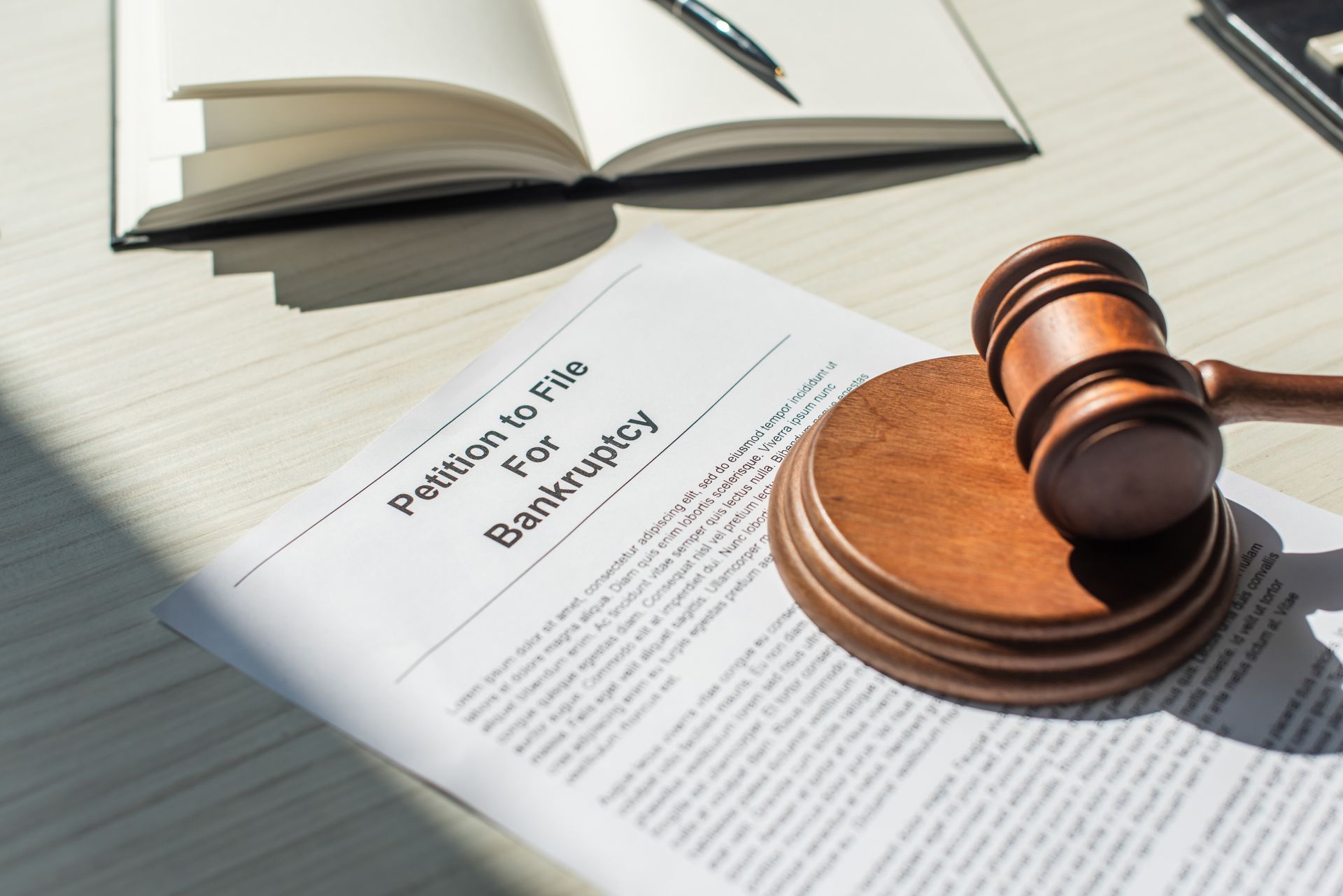Contact Us
Phone: 505-305-0232
Location
2601 Wyoming Blvd. NE
Suite 108
Albuquerque, NM 87112
Hours
- Mon - Fri
- -
- Sat - Sun
- Closed
Call Now: 505-305-0232
Medical Debt and Bankruptcy
Even if you have a good health insurance plan, a serious injury or illness can send you spiraling into medical debt. Deductibles, co-pays, and expenses not covered by your plan can add up to significant sums. Even if you have always kept a handle on your debt, unexpected medical debt can overwhelm you.
At the Law Office of Jason Cline, I have seen my clients struggle under the weight of excessive debt caused by medical expenses. Not only do they worry about their health, but they worry about debt that looks insurmountable. Is bankruptcy an option?
If you are straining under the weight of medical debt in Albuquerque, Sante Fe, Rio Rancho, Los Lunas, and throughout New Mexico, let me help you figure out what you can do to get financial relief. As a bankruptcy attorney, my goal is to help you find hope.
Will Bankruptcy Discharge Medical Debt?
If you are asking, “Will filing for bankruptcy eliminate my medical debt?”, the answer is, “It depends.” A Chapter 7 bankruptcy will discharge medical debt. A Chapter 13 bankruptcy will reduce and restructure it. However, medical debt can’t be addressed exclusively in a bankruptcy filing. Instead, all debt must be reported and dealt with as part of the process.
What that means is that outstanding debt on your credit cards and other unsecured debt is also wiped out in a Chapter 7 bankruptcy or restructured in Chapter 13; so are secured debts, such as a mortgage or vehicle loan. If you file Chapter 7, for example, you will have your medical and other unsecured debt discharged, but you may lose your home, car, or other assets in the process.
It is wise to work with an experienced bankruptcy attorney to help you explore all your options for addressing your medical debt. That way, you can choose the best path for yourself.
Does Medical Debt Affect My Credit Score?
Medical debt, like any other debt, does impact your credit score, but only if your unpaid debt is sold to a collections agency and is in excess of $500. As of July 2022, medical debt in collections will not appear on your credit report, and therefore, does not affect your credit score, for one year. Prior to that, the debt would appear within six months, so you now have more time to settle debt.
Moreover, debt that went to collections and was subsequently paid off used to remain on your credit report for seven years. Now, medical debt is removed from your credit report once that debt is satisfied. That means you can begin rebuilding your credit score as soon as the debt is paid.
If your medical debt is discharged or reduced and restructured in bankruptcy, it will affect your credit score. Chapter 7 bankruptcy remains on your report for up to 10 years after filing and Chapter 13 for seven. Although the medical debt per se isn’t lowering your credit score, a bankruptcy will.
What Bankruptcy Chapters Deal With Medical Debt?
Chapter 7 bankruptcy discharges all debt included in the filing. You cannot exclude some debt and include specific debt, such as medical debt. All debts are addressed.
The court-appointed bankruptcy trustee is responsible for inventorying and liquidating any assets you own to settle and pay creditors before the remaining debt is discharged. You do wipe the proverbial slate clean, but you may sacrifice your home and other assets in the process.
To be eligible to file for Chapter 7, your income must be below the median annual income in New Mexico. For example, this is currently $50,177 for a household of one and $64,080 for a household of two. If your annual median income is higher, you must pass a “means test.” The means test allows you to deduct certain expenses, such as mortgage payments, childcare expenses, and retirement contributions, to see whether you then meet the income requirement.
If you still fail to meet eligibility for Chapter 7, you can file for Chapter 13.
Chapter 13 bankruptcy is designed for people who earn sufficient income to have disposable income they can use to make payments on restructured debt. Although some debts may be reduced in the process, they are not discharged. Instead, you agree to repay debt on a restructured payment plan you can manage with your disposable income. Three to five years is typically the length of the payment plan.
Because you are repaying your debt in Chapter 13, you can preserve your assets, such as your home. Of course, you must have enough income after payment of your monthly bills to make payments on your debt. Moreover, making repayments rather than defaulting on your debt will help you immediately begin rebuilding your credit score.
What Are the Pros and Cons of Medical Bankruptcy?
One of the obvious benefits of getting rid of medical debt in bankruptcy is that you relieve the burden of that debt. If you have racked up major medical bills, you probably don’t need the stress of oppressive debt.
The bankruptcy chapter you file may make elimination of medical debt via this route more or less advantageous. If you file Chapter 13 rather than Chapter 7, you are repaying the debt, which may preserve relationships with your healthcare providers. A provider may not agree to see you if you simply eliminate what you owe them in Chapter 7 bankruptcy. However, if you are making payments on that debt in Chapter 13, they may be willing to continue that relationship.
Filing for bankruptcy will address all debts you owe, which can give you a true financial fresh start. However, as I have said previously, bankruptcy will remain on your credit report for several years after filing, so you will need to work diligently to rebuild your credit score. That said, if bankruptcy is your best option for righting your financial hardship, your credit score is probably in peril anyway.
What Questions Should I Ask Myself Before Filing for Medical Bankruptcy?
Bankruptcy isn’t the best solution for everyone. As a bankruptcy attorney, my job is to give you the information you need to figure that out. However, there are some key questions you should ask yourself if you are considering bankruptcy:
- Should I file for Chapter 7 or Chapter 13? The answer will depend on whether you pass the means test and whether you want to preserve the assets you own that are subject to liquidation in Chapter 7.
- Can I afford bankruptcy? There are filing fees you must pay to the court and attorney’s fees. Even more important, if you pursue a Chapter 13 bankruptcy, you will need to tighten your belt to repay your debt according to the plan approved by the court. With either chapter, you will need to refrain from acquiring additional debt for a significant period of time.
- Will bankruptcy help? There are certain debts you cannot discharge in bankruptcy, such as back child support and alimony, some back taxes, and student loan debt. After what can be addressed is, can you still pay the unaddressed debt you owe?
- Can I live with the consequences? Bankruptcy affects your credit score for years, which means you will likely be unable to be approved for any significant credit during that time. Moreover, you will be charged extremely high-interest rates on any credit you may be able to procure. If you want to buy a house or business in the near future, you will need to think twice about how you deal with your debt.
Rely on Dependable Legal Advice
If reading this gave you more questions than answers, I did my job. Bankruptcy should not be taken lightly. It is a lifesaving opportunity for some but can have poor consequences for others.
I help my clients figure out what is best for them. Every situation is different, and I approach every client as if they are my only one.
If crushing medical debt has you considering using bankruptcy as a tool to relieve the stress, call the Law Office of Jason Cline in Albuquerque, New Mexico, to schedule a consultation. This first step is a step toward figuring out what to do with your debt, so don’t wait. Call now.









Schedule a Case Evaluation
Contact us now!
Homepage FCE Form
We will get back to you as soon as possible.
Please try again later.
By submitting this form, you agree to be contacted by our law firm, either by phone, text or by email.
Practice Areas
Hours
- Mon - Fri
- -
- Sat - Sun
- Closed
Contact Information
Phone: 505-305-0232
Email: jason@attorneyjasoncline.com
2601 Wyoming Blvd. NE
Suite 108
Albuquerque, NM 87112
We are a debt relief agency. We are attorneys who help people file for bankruptcy relief under the bankruptcy code.
The information on this website is for general information purposes only. Nothing on this site should be taken as legal advice for any individual case or situation. This information is not intended to create, and receipt or viewing does not constitute an attorney-client relationship.
© Copyright 2023 | All Rights Reserved | The Law Office of Jason Cline | Powered By Convert It Marketing | Privacy Policy


